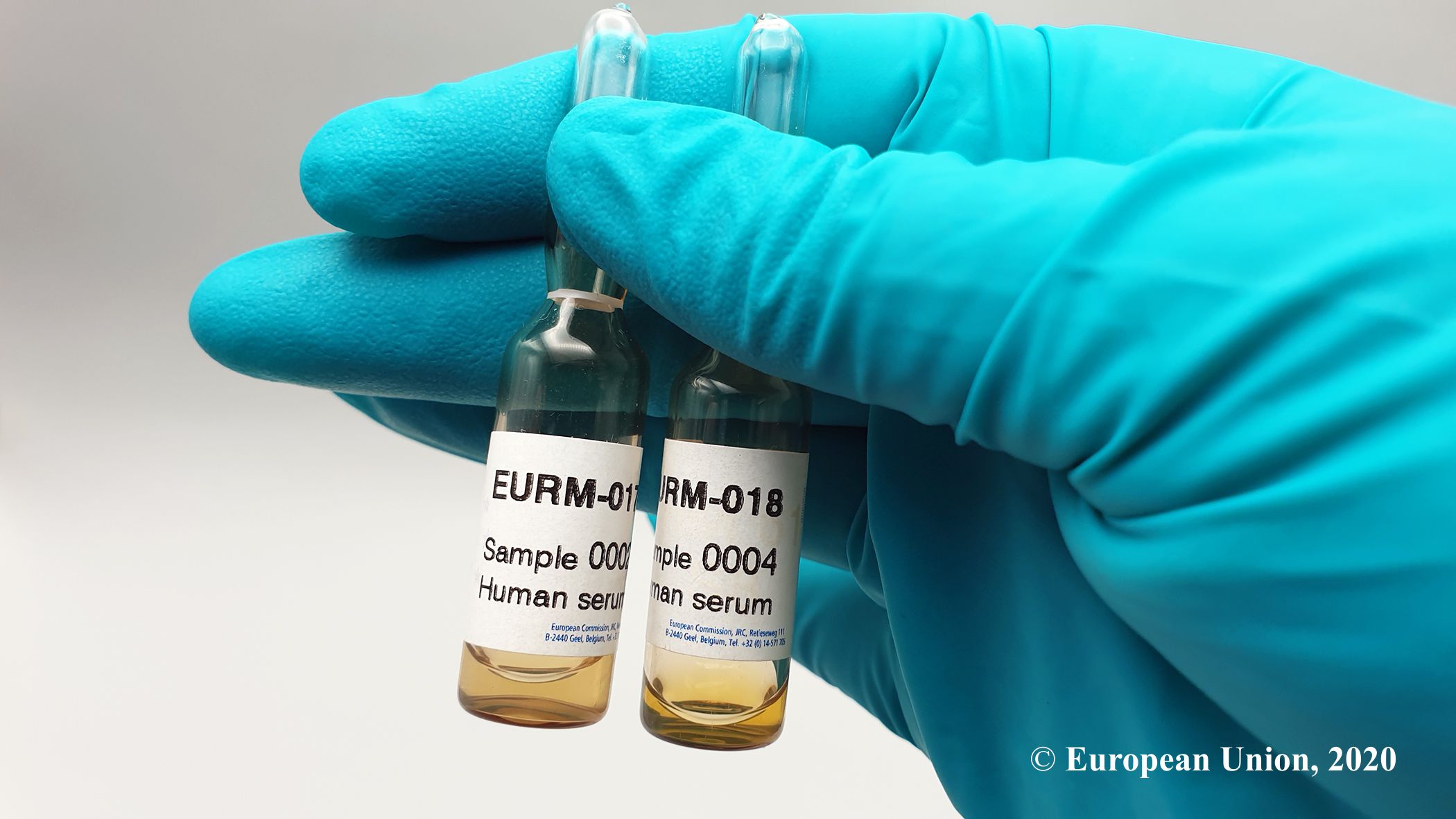Now more vaccine will be regularly available for everyone in the European Union / People's concerns taken seriously / Safety important as well as speed
On Wednesday this week, the EPP the European Parliament will hold a video conference on vaccination, research and health in the European Union. Anyone interested can participate at the link https://epp.group/EPP4Health from 2.45 pm. The conference will be attended by BioNTech founder Ugur Sahin, the head of the American partner company Pfizer Albert Bourla, the CEO of the second major German vaccine manufacturer CureVac Franz-Werner Haas and Tal Zaks from the American company Moderna. In addition, the Research and Health Commissioners of the European Union, as well as Peter Liese as health policy spokesman of the EPPgroup.
Liese explained that it will become clear at the conference that the European Union will now make more vaccine available to citizens on a regular basis, in principle every week. "Today, the second approved vaccine, namely the one from the company Moderna, is available in Europe. Since last week, it has been officially approved to take six doses instead of five from a Biontech vaccine ampoule. This vaccine, which has already been used for vaccination since 27 December, will be available in ever greater quantities." Despite difficulties, Liese also relies on the vaccine of the British-Swedish manufacturer AstraZeneca as they will submit a request for a conditional marketing authorization in the EU on Thursday. "AstraZeneca did make a mistake in the clinical trials, but fortunately the clinical trials are continuing and there may now be better information about effect and side effect, so that the European Medicines Agency can still approve the vaccine in January," said the doctor and MEP.
"The most important question for the next few weeks is how we deal with the increasingly widespread variant of the coronavirus from England. Apparently, this variant is actually much more contagious than the original virus. The development in Ireland is particularly shocking. While Ireland, through very intelligent measures against the coronavirus, was at a very low level of new infections at the beginning of December, the number of new infections is now exploding, apparently more than at any other place in the world since the beginning of the pandemic. There are two reasons for this: not only did Ireland relax the lockdown on 1 December, not only from the highest level 5 to the second highest level 4, but directly to the third highest level 3. For example, gyms and restaurants were reopened. And secondly, the mutated virus from England has obviously spread in Ireland just at this time. We therefore need to be very vigilant now. I urgently plead for much stronger controls on entries from the UK and Ireland. The rapid tests are not reliable enough to even begin to identify those infected on the return journey. And secondly, regrettably, we need to think about even stronger measures other European countries. I am in favour of a compulsory home office whenever possible and a strict regulation that buses and trains may only be occupied 25% of the time, i.e. only every fourth seat, as well as a regulation that encourages people to meet outside rather than indoors. If we are not careful now, we are actually threatened with a total lockdown, as is currently happening in London and Ireland. It is very important that BioNTech's vaccine is also effective against the new virus variant. Curevac has already adjusted its planning so that the vaccine is also specifically effective against the new variant. But the decisive factor is that no country in the world can do without the necessary measures such as mask, distance and ventilation at the moment by vaccination," says Liese.
Liese emphasises that as soon as more vaccine is available, the question of how many people want to be vaccinated at all and how safe the vaccine is will come to the fore. "There are abstruse conspiracy theories and the convinced opponents of vaccination will probably not be convinced to get vaccinated, no matter how good the arguments. But there is a large part of the population that is sceptical and can be convinced by good regulation and good arguments. Therefore, it is right that all vaccine applications in the European Union are carefully examined, more carefully than in Great Britain, for example, and that the European Union has also placed great emphasis on the fact that all manufacturers are liable for their own mistakes. Although mRNA technology is new and no vaccine based on it has ever been licensed anywhere in the world until the BioNTech vaccine, there have been human clinical trials for many years without the side effects feared by sceptics. The reason that no vaccine was yet on the market was, for example, that the research goal in most cases was to fight cancer, and it is simply much more difficult to fight cancer with a vaccine than a virus. For another thing, some of the viral diseases that people wanted to fight with mRNA technology have disappeared on their own, such as the Zika virus in South America, and of course nobody invests in a vaccine for a disease that no longer exists. It has been carefully tested for many years and thousands of people who have received this vaccine in clinical trials have not suffered serious side effects. Therefore, while one has to be cautious, one should not believe abstruse conspiracy theories," Liese concluded.



